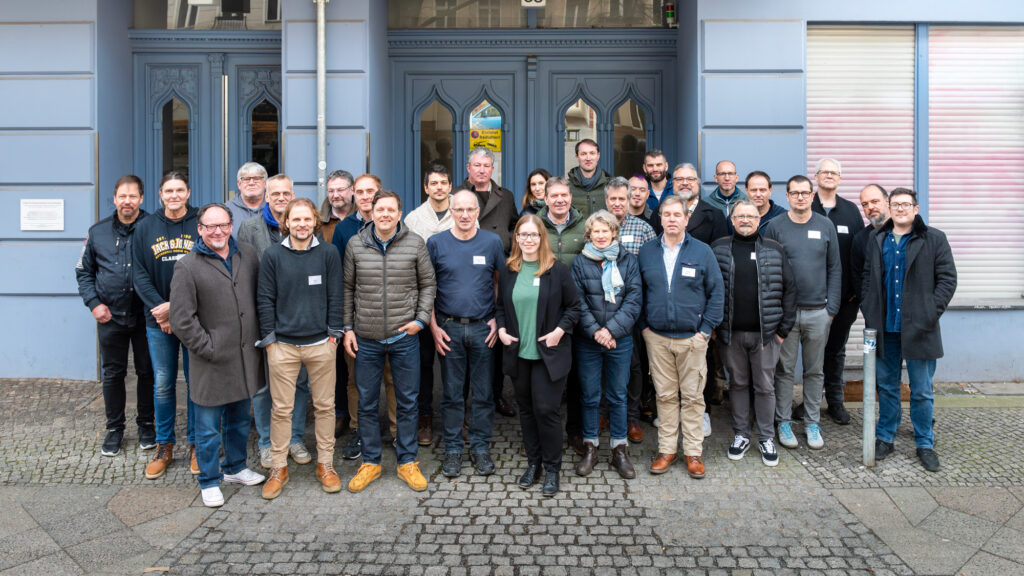From January 17th to 19th, 2025, I, Benjamin Wilden, had the pleasure of attending the advisory board meeting of Citizen Conservation (CC) in Berlin, Germany. As always, the event was impeccably organized, providing an inspiring and highly enjoyable opportunity to exchange ideas with dedicated hobbyists, conservationists, and representatives from various zoos. These meetings are invaluable for strengthening collaborations and advancing our shared mission of ex-situ species conservation.
Citizen Conservation (CC) Parosphromenus bintan
Unfortunately, due to limited resources, no new labyrinth fish species will be added to the program in the near future. However, there is fantastic news regarding Parosphromenus bintan within the project: the number of keepers has grown to five—including myself—and soon, a sixth will join. The Nuremberg Zoo has successfully bred P. bintan and is now able to distribute specimens, marking a significant milestone for the program. In addition to Nuremberg, Osnabrück Zoo and the 1000-Arten-Lab (https://1000arten.org/ ) are also institutional keepers of this species. This development is particularly exciting since P. bintan has not yet been officially listed on CC’s website.
During the meeting, I personally handed over P. bintan specimens to Dave, the curator of the 1000-Arten-Lab. Dave brings extensive expertise in Parosphromenus species and is currently breeding P. deissneri, P. julinae, and P. sp. Merahwith great success, while several other species are still awaiting breakthroughs in breeding. Moreover, he has agreed to report his specimens in the Parosphromenus Project (PP), strengthening our network with another highly valuable institutional partner.
A particularly exciting aspect of Dave’s work is his direct involvement in importing Parosphromenus species. Among them is P. ornaticauda “Mandor,” which, until now, has not been represented in our program with this verified locality. This addition offers promising prospects for the future!
1000-Arten-Lab Parosphromenus alfredi
Another noteworthy success followed just weeks later: Parosphromenus alfredi was transferred to the 1000-Arten-Lab! This step is particularly crucial since the species is already extinct in the wild, and its small ex-situ population depends on professional care to ensure its survival. The involvement of experienced institutions like the 1000-Arten-Lab is essential in maintaining and potentially expanding this fragile population.
Zoo Wroclaw – Parosphromenus pahuensis
Furthermore, there is great news regarding Parosphromenus pahuensis: this species has now been introduced to Jakub Kordas at zoo Wrocław. Over the past few years, the zoo has gained substantial experience in keeping multiple Parosphromenus species and has now committed to serving as a safeguard for P. pahuensis. This marks another important step in securing the future of this species within ex-situ conservation efforts.
With these recent developments, the Parosphromenus Project is making steady progress in ensuring the survival of several endangered Parosphromenus species. I am excited about the growing network of committed institutions and individuals and look forward to further collaborations in the near future! I also promised different institutional partners to visit them in the near future, so I hope at the end of the year we will be able to share more and better pictures 😉

David-Suryanto Kasih is showing his blackwater module housing multiple Parosphromenus species.

(Credit: Tillmann Konrad, Citizen Conservation) Citizen Conservation advisory board meeting

